

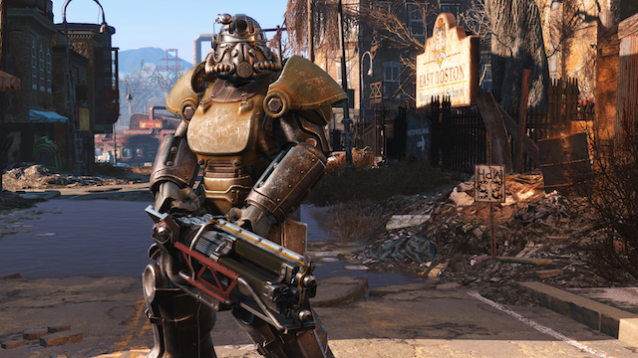
Can you go home again? That is the question I’ve been asking myself this week. When I first picked up a copy of Fallout 3 upon its 2009 release, it was the first shooter game I’d played since Grand Theft Auto: San Andreas. Before that, Perfect Dark. Since then FPS games have become the focal point of my gaming pursuits, an experience I even wrote about for the book Shooter. And Fallout 3 wasn’t just the catalyst for my interest in one of my favorite parts of the hobby, but also place where I came to process many parts of my own issues and identity, most profoundly in Fallout: New Vegas, a moment that changed my life. Any form of entertainment that requires a significant time investment leads to an emotional one. How do you critique that? How does one review their life?
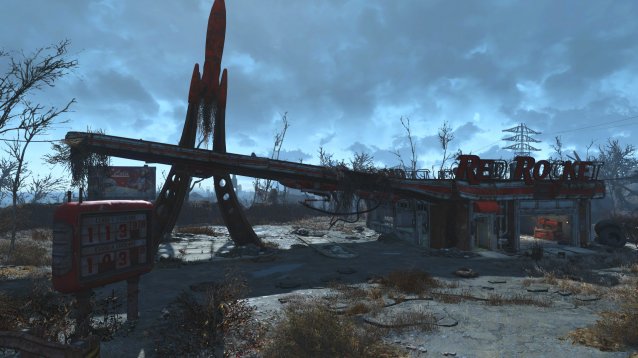
Fallout 4 takes place ten years after the events of Fallout 3, in the remains of post apocalyptic Boston. The people of the wastes are terrorized by a silent menace, the shadowy organization known as The Institute. The Sole Survivor emerges from Vault 111 after 200 years of cryostasis to find the world seeped in violence and decay following the outbreak of the Great War. Setting out to rebuild their hometown of Sanctuary Hills and recover their kidnapped son Shaun, the Sole Survivor encounters several factions, some benevolent, others dangerous, all with opposing ideas of how to rebuild and maintain order in the Commonwealth. Rife with themes of American patriotism and post war domestic idealism, the game artfully blends historical fiction with sci-fi horror to deliver another compelling and adrenaline pumping entry in the FPS-RPG series.

In terms of what we use to define a modern successful video game, Fallout 4 excels. Bethesda has addressed many of the complaints about the two preceding generations, Fallout 3 and New Vegas. The character modeling and animations are a vast upgrade, more believably mimicking human facial expressions. The cut scenes integrate so well with the dialogue, it feels like you’re watching a movie. An improved enemy AI system results in delightful little surprises, like burrowing Mole Rats, and Ghouls that spring to life and crawl out of cars and windows. The graphics, weather, and lighting effects make the Commonwealth the most beautiful wasteland to wander yet, with piercing starry skies, impenetrable fog, and a sun that shines so bright and warm it makes the world glow. And the writing has brought forth some of my new favorite characters in the entire series. They really took the time to make this new generation count.

Some of the sweetest changes are the minor ones. The body types offered in the robust new character creator are more diverse. The map has been improved to include markers that hint at the location’s purpose, such as medical facilities, ponds or lakes, or faction headquarters. Missions are now given more frequently through randomly encountered radio transmissions than in previous installments, and players can zone in on a mission location through the quest menu. Critical hits are now delivered with the press of a button after filling a meter with successful V.A.T.S. attacks, eliminating the frustrating and dodgy guesswork. V.A.T.S. attacks can also be canceled by tabbing out, helping to solve some of those pesky aim problems. And the design flourishes are absolutely charming, particularly the Vault Boy animations that pop up for every mission, and the illustrations in the Perks table.
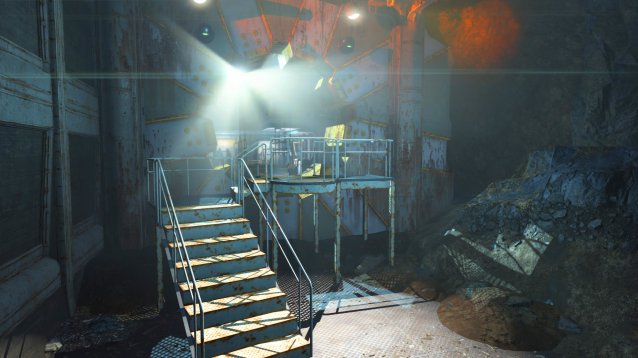
However some of the changes may be, as the old King Azaz from The Phantom Tollbooth once said, “too much, too quickly”. Fallout 4 is a massive overhaul on the series, making crafting and resource management the core of the game. Survival is still the player’s main motivation, however it has now been taken to a fuller extent.
Nowhere does this become more clear than in the settlements system, perhaps the most significant and disruptive change. Players can now clear certain locations and turn them into camps for other survivors, which will grow and add more settlers as improvements are made on the land, such as food and water resources, beds, defense posts, and electricity. As your settlements grow so too does the support for the Minutemen, a local militia that the Sole Survivor is helping to re-establish in light of the growing threat from The Institute.
Despite Fallout Shelter acting as a warm-up to this concept, I predict many fans will have difficulty adapting. Stripping the game down to a set of numbers and stats and resources feels obscene and forced, the antithesis of the breezy heroism of the vault dwellers past. It appeals to the proactive player, the one who wishes to address problems head-on. But for the many Fallout fans who are reactive, like myself, it’s more of a chore. In a way Fallout 4 feels much more like a Walking Dead game: tightly packed bands of survivors wearily wandering a forest looking for shelter, assigning jobs and setting up defenses while figuring out how to procure basic supplies, with the occasional zombie/Ghoul attack and petty descents into personal drama.
The problem is, it turns the player into a nanny. When I walk away from a settlement, I don’t want to think about them for the next several in-game months until I come back. I like to play the game as a rolling stone. That has always been supported by the huge freedom of choice within the Fallout universe. However Fallout 4 feels more like a resource management city builder. It creates a bizarre purgatory where I can’t decide if it’s too much like Fallout or not enough. It’s one of the rare times I think the content should have been DLC, separate from the base game as an optional experience. I most enjoyed the game when I ignored the settlements and wandered the Commonwealth of my own volition, appreciating the scenery and looting as necessary, as I did in the Capital Wastelands. Had they not ultimately served a greater purpose in the Minutemen missions, I might not have taken interest at all. Fortunately, as I gained traction in establishing the settlements and could take them more at my leisure, my comfort level, and enjoyment of the game, improved.

The overhaul of the unique weapons and armor system is extremely disappointing. In the previous two games, special items had their own backstory and only one, usually convoluted, way to get them. Not only did the pursuit of these mythical items give the player boosts and abilities found nowhere else in the game, they also added a sense of purpose to the wandering of the Wastelands. Each had its story and with it you carried a history. Now, Legendary enemies spawn and drop Legendary items. While some are still tied to specific locations and quests, most of the special guns, melee weapons, and armor pieces you get will now be random, stripping them of any greater significance completely. It feels meaningless.
The new crafting system, which allows you to name your favorite creations, may offer some hope in that department, but not much. While collecting random items for crafting was fun in Fallout 3 and New Vegas, in Fallout 4 it borders on overkill. The craftable components are too numerous and between building settlements and making new weapons, armor, meals and chems, the game becomes an endless slog of making lengthy, time-consuming trips back to Sanctuary Hills to store ingredients. I’m actually baffled they didn’t offer a sorting system within the crafting tables and inventories. If you’re going to give people dozens of craftable components to keep track of, it almost seems cruel to deny them a time-efficient way for them to do so. The one saving grace is the improved looting system, which allows you to pick up useful items without diving into an inventory, and the Search function, which marks the components you need for an item you’re building so you can easily identify them while looking for parts.

The Perks system has also been completely renovated, but the changes here are much easier to swallow. I miss the Skills and Traits, but given how they complicated character building, their absence is for the best. The Perks chart also does a much better job of organizing each of the Perks, placing greater emphasis on the SPECIAL attributes, which allows the player to build their character with a focus on individual characteristics. Some of the Perks offer sub-ranks, which often boost or improve the performance of the Perk, but must be unlocked by the amount of points you’ve put in a specific SPECIAL attribute, your character level, or by collecting a specific Perk-related Magazine. Sadly, the Confirmed Bachelor/Cherchez La Femme perk, perhaps due to the new format of the dialogue trees, has been removed.

There are a diverse and well written set of new companions to choose from, and each benefit greatly from the game’s improved modeling and animations.They will either approve or disapprove of the player’s actions as they accompany them through the Commonwealth, which determines if their favor is ever fully gained. A special perk is granted should your relationship reach its maximum potential. This seems to be the only scrap of any character alignment system, another disappointing loss.
As for bugs, I honestly did not expect to see so many repeat offenders from over the years: hovering piles of ash and debris, NPCs clipping into objects, floating bodies of terrain. I also had the odd assortment of random issues: a quest that didn’t update properly, another that failed to start, NPCs not responding to commands. The minimum PC specs for Fallout 4 suggest using the GTX 550, but my 570 was so overwhelmed that I couldn’t get through the game without multiple crashes. It runs flawlessly on my new GTX 970, however, the loading screens are still very long.

I miss the loneliness of Fallout 3. It was the comfortable sort of solitude that comes of being self reliant. I used to feel I had a choice in helping out the other survivors of the Wastelands. I took it at my own pace. Now I feel the slog of obligation pulling me away from wandering the wastelands and unearthing all its secrets. As I approach a building in the Commonwealth I no longer ask what will emerge from this Pandora’s box but rather, if it will have enough copper and crystal to build my next power generator. What was once a giddy thrill is now a cheerless grind.
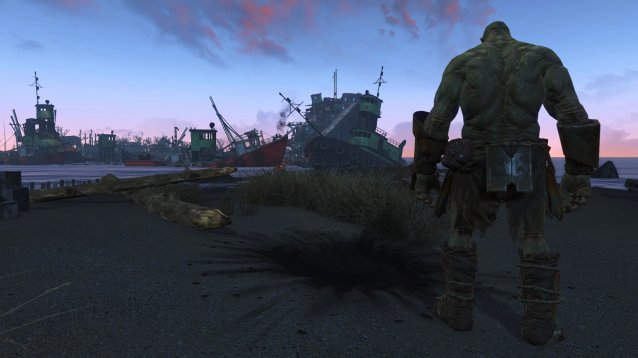
It is hard to articulate what Fallout has meant to me over the years. It was the place I went when there was nowhere else to go. It was there for me when I couldn’t deal with the pain of my reality. To not feel the same spark with Fallout 4 evokes a tremendous sense of loss. I superimposed myself over every vault dweller and through that channel I found a more real me. With the suffocating burden of rehabilitating the Wastelands, the unique weapons and armor now cheapened to random drops (not to mention the removal of Confirmed Bachelor/Cherchez Le Femme) I no longer feel myself in a universe I once called home.
It’s true, you can’t go home again. Or rather, like the Sole Survivor emerging on a dead Sanctuary Hills, you can. You just have to adjust your expectations and make the best of it.
Fallout 4 is developed by Bethesda Game Studios and published by Bethesda Softworks. It's available for $59.99 on the PC, Xbox One and PS4. A copy of the game was provided by the publisher for the purpose of this review.



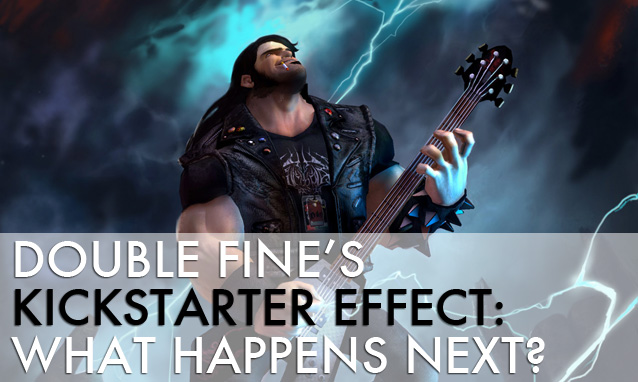
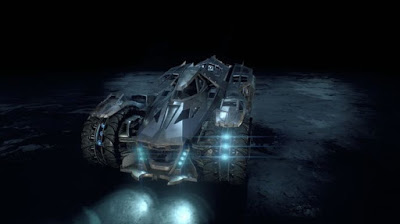 Batman: Arkham Knight - Unlock Batmobile skins
Batman: Arkham Knight - Unlock Batmobile skins Best Unlockable Watch Dogs Weapons
Best Unlockable Watch Dogs Weapons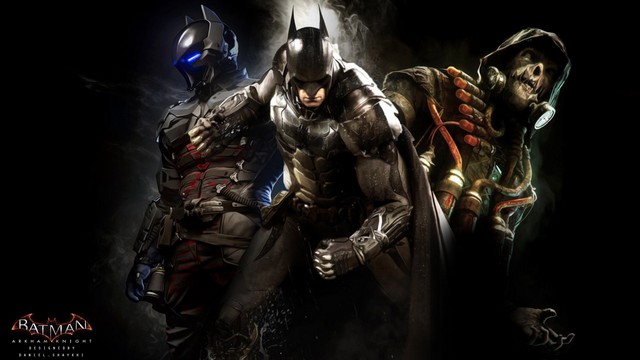 How to Unlock all the Characters Bios in Batman: Arkham knight
How to Unlock all the Characters Bios in Batman: Arkham knight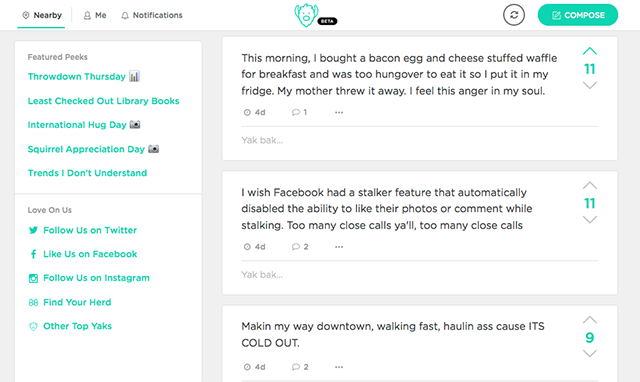 5 Apps for Discovering Your Neighborhood
5 Apps for Discovering Your Neighborhood How to reach Diablo 3s secret cow level Whimsyshire
How to reach Diablo 3s secret cow level Whimsyshire